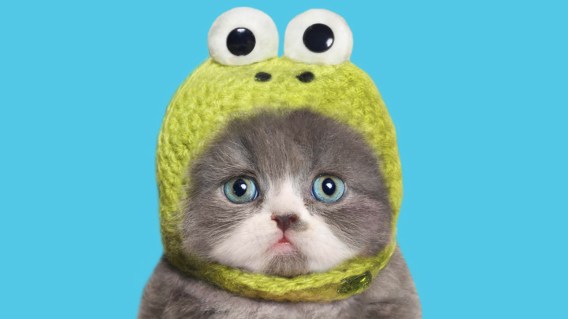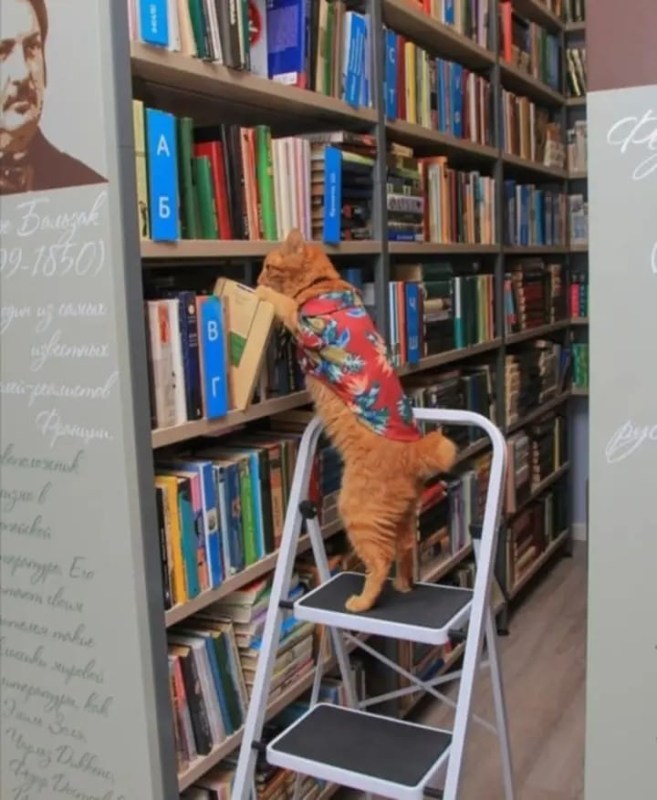All your friends don’t share any more
In what may be a record breakingly late book review, Mumbrella’s Tim Burrowes re-examines a time when sharing was the lubricant of the news economy.

The cat on the cover: The authors of All Your Friends Like This made a couple of forecasting errors
There is a second hand book site which I adore, but never name in published articles or podcasts.
The prices are reasonable and the library is deep, but slow moving. I fear that if I spread the word amongst the communications world, I’ll create competitors for the cheap treasure I occasionally discover.
For some time, I’ve been trying to tick something off the to-do list. When the team behind Share Wars published “All Your Friends Like This” almost exactly a decade ago, I meant to pick up a copy. Every time I saw it in an airport bookshop, it would nag at me. It was of my world, and written by people I respected but did not know very well back then.
Few people had thought as deeply, or developed as much expertise in what it took to make news go viral within the Facebook feed.
I never quite got round to it, and then the book was no longer in the shop displays, and months became years, became a decade.
More recently, a couple of things happened. We hired one of the authors, Hal Crawford, as editorial director of Mumbrella. And a copy of All Your Friends Like This finally popped up on Brotherhood Books. Dammit — I just said the name of the site. So I invested seven bucks.
And then the planets aligned a little more. Our Compass tour put me on a six-state travel itinerary, which created little more in-air reading time. I’m writing this somewhere over the Great Australian Bight as the Qantas Viasat signal drops in and out on the trip from Adelaide to Perth.
So I finally read it. What an entertainingly written book, not just from Hal but his fellow authors Andrew Hunter and Domagoj Filipovic.
And what a time capsule the book has become, of a moment when publishers optimised for Facebook, and Facebook encouraged them to be optimistic. Listicles and Buzzfeed were ascendant. And although the business model of newspapers was already broken — in 2015, the week of bloodshed at News Corp and Fairfax Media was already three years in the past — there was optimism that digital publishers were in a fast-growth future.
Buzzfeed was the standard bearer. Presciently, they wrote in the book epilogue: “Critics of the Buzzfeed business model point out that the organisation is horribly exposed to Facebook’s feed algorithm. Seventy-five per cent of all its traffic comes from social networks and the major contributor is Facebook.
”A change to a single line of code in Menlo Park [Facebook’s HQ] could jeopardize millions of dollars worth of advertising campaigns in Manhattan. The Buzzfeed experiment would be over.”
Less presciently, they added: “We don’t think that is going to happen.”
The current market cap of Buzzfeed is just US$39m. Before it listed in 2021, the company had an implied valuation of US$1.5 billion, and was valued on the first day of trading over $1.1 billion.
The pain hasn’t ended just yet for Buzzfeed: a recent market update recorded a year-on-year revenue decline of 17% and a net loss of US$7.4m (Q3).

Nowhere to go but up? Five-year plot of Buzzfeed’s share price (Yahoo Finance)
When was the last time you saw a Buzzfeed listicle go past in your social media feed? Or indeed, when did you last see a friend share a publisher’s article into your feed.
That sharing world changed.
Maybe it’s Tiktok’s fault. Its superior algorithm takes its cues from what consumers of its short videos actually react to, not the social currency of what people wanted their friends to know that they liked. Meta, owner of Facebook has copied that, as it always does when a rival innovates.
Or perhaps it’s Australia’s fault.

Elusive: An old copy of All Your Friends Like This
Would Facebook have deprioritised news so fully if it wasn’t for the News Media Bargaining Code? If Facebook doesn’t share publisher content, then it can’t be made to negotiate payments for the advertising revenue that helps generate.
Not that the government seems to have much appetite to revive this concept anyway. Two years on from Facebook dropping out of the deals it was forced to negotiate with publishers to avoid designation under the code, there’s been no consequence.
One year on from the government threatening a digital levy to create a new incentive for the platforms to do deals with publishers, there’s been no further movement.
Other elements remain the same. Another theme of the book is the dangers of fake content, created for virality and advertising revenue.
The book pointed to new satirical site The Betoota Advocate as an example of a publication created to both look like and skewer news.
Team Betoota continue to fool people. Just last week I was asked by a big news organisation to provide commentary on their (hoax) negotiations to sell to Sportsbet. Just last week my mother sent me an adorable image of a cat in a library on a step ladder, reaching for a book. It was created by AI.
The cover of All Your Friends Like This featured an adorable cat. Some things haven’t changed.

Alphabetically challenged: Take a closer look at the shelves

